A tense, stylish and satisfyingly adult psychological thriller about the bad side of having children, George Ratliff's Joshua benefits from fine writing and acting - especially by Vera Farmiga - but is marred by a final act that lacks a revelatory climax worthy of the long, slow build-up. Still, the creepily ambiguous ending will leave upscale urban English-language audiences talking, helping word-of-mouth. It's too low-key to rival the mainstream business - or cultural impact - of such movies that have influenced it as Rosemary's Baby, The Sixth Sense, and The Bad Seed, although Fox Searchlight, which purchased it at Sundance where it was in the (American) Dramatic Film competition, should see some decent returns. Lack of stars will hurt foreign prospects.
A hip young-professional apartment-dwelling Manhattan couple, Brad (Sam Rockwell) and Abby (Farmiga) Cairn, are having a second child - a girl - despite their marriage almost ending because of her extreme post-natal depression after their first, a son named Joshua.
But that boy (Jacob Kogan), now nine and a genius student and gifted pianist with a weirdly deadpan, slightly zombie-like manner, doesn't seem to like the infant's intrusion in his world. In fact, his scary way of sneaking up on his parents plays a role in unraveling his mother's fragile psyche and driving her crazy. Both his father and grandmother (Celia Weston) suspect it's all Abby's fault, but Brad slowly begins to suspect his son has an evil, psychotic side.
Ratliff, whose previous work has been in documentary filmmaking (Hell House), brings a respect for narrative clarity and an eye for provocative detail to this undertaking. He also knows how to coax spookiness out of the mundane. The noises in the apartment all carry ominous implications. The way the boy dresses, buttoning the top of his shirts and pyjamas, becomes a symbol for repressed intentions. Ratliff also uses the worn imagery of old videos in a way similar to The Ring.
The screenplay, by David Gilbert and Ratliff, is both smart and darkly subtle in drawing out themes, including a religious undercurrent. When Joshua first is playing piano, his empathetic uncle (Dallas Roberts) recognizes a Bartok influence while his evangelical grandmother wonders why he can't play something religious. Later, when she takes Joshua to a church to be born again, his mother erupts because she's Jewish.
Farmiga, rapidly becoming the critics' favorite under-appreciated actress after The Departed and Down To The Bone, is superb here. Her hair in a shag like Jane Fonda in Klute, she makes sure Abby never loses her humanity even when she's screamingly delusional. As Abby struggles to stay sane, the audience worries about her plight every moment she's on screen. Rockwell works well with her.
Young Kogan is a hauntingly mysterious presence, like Haley Joel Osment in Sixth Sense or the children in Village Of The Damned. Another noteworthy performance comes from Roberts, who has the easygoing, slightly melancholy manner - and vocal timbre - of Philip Seymour Hoffman.
Special attention should be given to Nico Muhly's score and incidental music, especially a scene in which Joshua cacophonously deconstructs 'Twinkle, Twinkle Little Star' at a school concert in a way that would make Cecil Taylor proud. And cinematographer Benoit Debie captures one amazingly striking image of Joshua, standing before the white-noise static of a plasma-screen TV in a dark room, that is worthy of museum display.
Production companies
ATO Pictures
Distributor
Fox Searchlight Pictures
Producers
Johnathan Dorfman
George Paaswell
Thomas Fatone
Executive producers
Temple Fennell
Dan O'Meara
Screenplay
David Gilbert George Ratliff
Main cast
Sam Rockwell
Vera Farmiga
Celia Weston Dallas
Roberts Michael McKean
Jacob Kogan






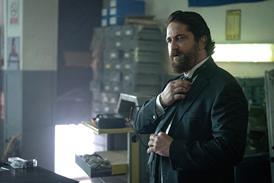



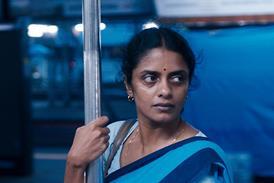

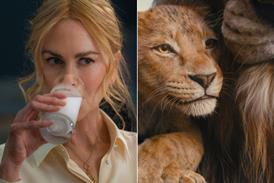
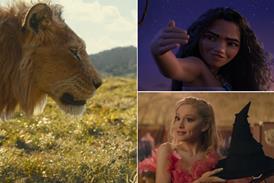

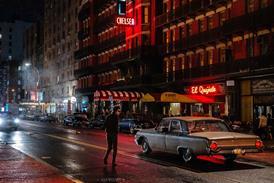

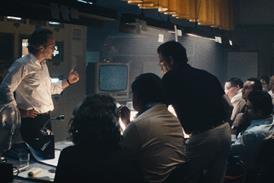

No comments yet